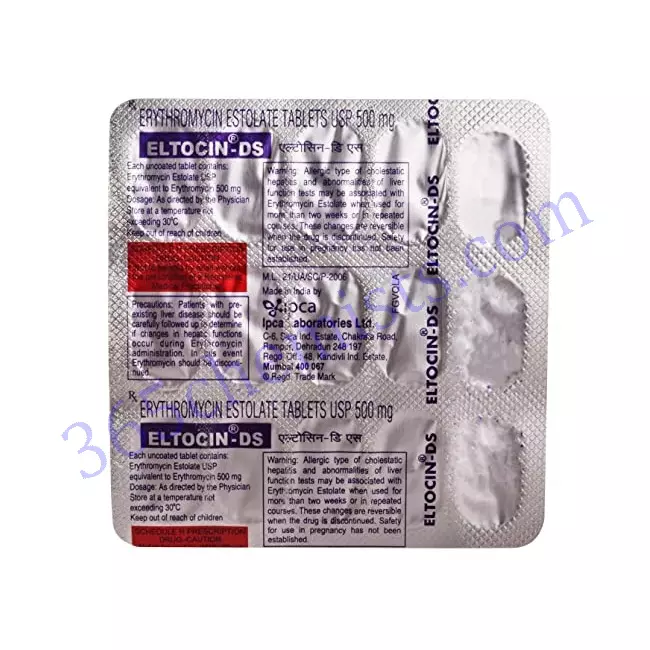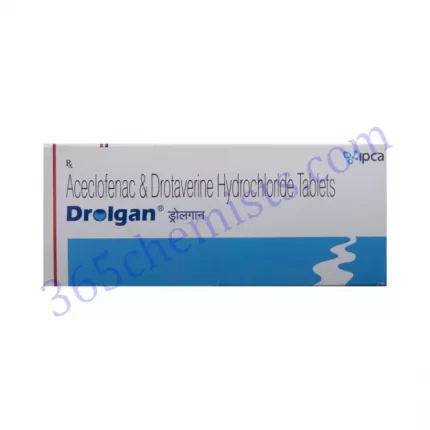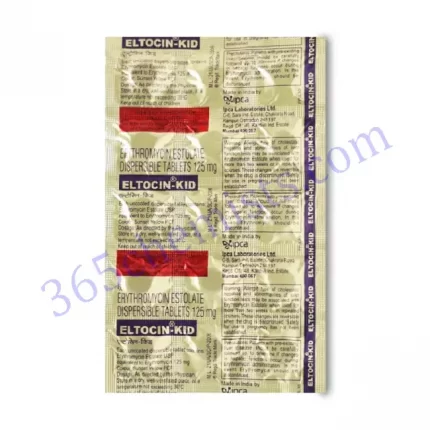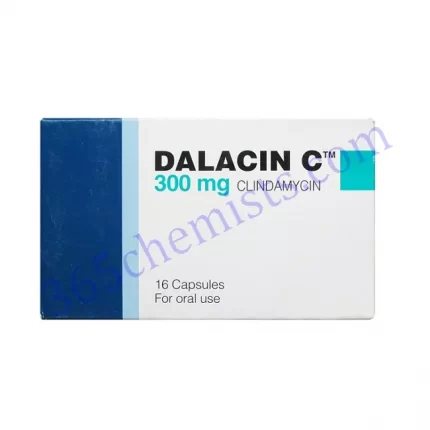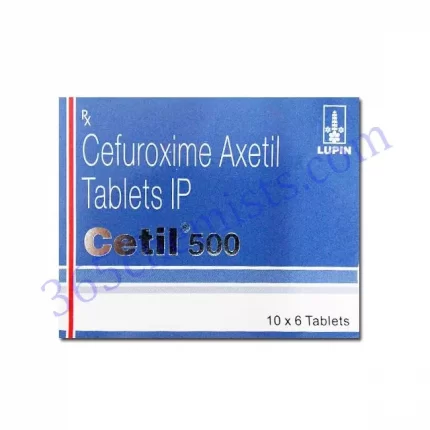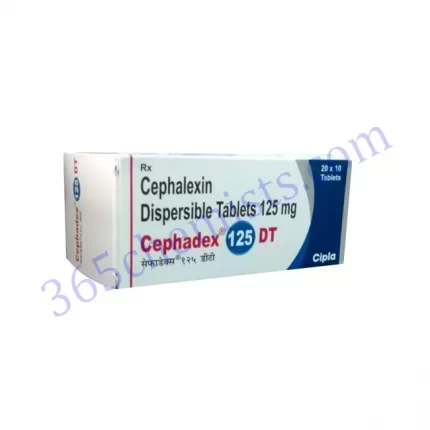Eltocin DS 500mg Tablet (Erythromycin):
Eltocin DS 500mg Tablet is a reliable antibiotic medication that is used for the treatment of bacterial infections. Its active ingredient is erythromycin, and it is used to treat a variety of bacterial infections. We will examine the mechanism of action, indications, dosage, side effects, and precautions associated with Eltocin DS Tablet in this in-depth description, with the goal of drawing attention to the significance of the medication in the treatment of a variety of infections.
Mechanism of Action:
Eltocin DS Tablet is classified as a macrolide antibiotic, which is a subclass of erythromycin. The antibacterial effect of erythromycin is achieved through the inhibition of protein synthesis in bacteria that are susceptible to the antibiotic. It accomplishes this goal by affixing itself to the 50S ribosomal subunit, which in turn prevents the synthesis of new proteins. This ultimately results in an inhibition of the growth and replication of the bacteria.
Indications:
Eltocin DS Tablet is a medication that is frequently recommended for the treatment of a wide variety of bacterial infections, including the following:
- Infections of the Respiratory Tract It is effective against infections of the respiratory tract, such as pneumonia, bronchitis, and pertussis (also known as whooping cough).
- Infections of the Skin and Soft Tissues: The Eltocin DS Tablet is an effective treatment for infections of the skin and soft tissues that are caused by susceptible bacteria.
- Infections of the Gastrointestinal Tract: It is prescribed for the treatment of infections of the gastrointestinal tract, including Campylobacter gastroenteritis and intestinal amebiasis, among others.
- Eltocin DS Tablet may be prescribed for the treatment of certain sexually transmitted infections, such as chlamydia. Chlamydia is one example of an STD that can be treated with this medication.
Related Dosage
Eltocin DS Tablet
Eltocin Kid 125mg Tablet
Eltocin 250mg Tablet
Dosage and Administration:
It is possible for the recommended dosage of Eltocin DS Tablet to change depending not only on the nature and extent of the infection, but also on the age, weight, and state of the patient. It is essential to carry out the steps in the correct order as outlined by the healthcare professional who prescribed the medication. Erythromycin should be taken at a dosage of between 250 mg and 500 mg every six to twelve hours when administered to an adult. The particular infection that is being treated will determine how long the treatment will need to be administered for.
Side Effects:
Eltocin DS Tablet is generally well tolerated; however, some people may be more sensitive to the effects of the medication than others. Some examples of common adverse effects include:
- Disturbances of the Gastrointestinal Tract Some patients may experience nausea, vomiting, diarrhoea, and discomfort in the abdominal region. Consuming the medication in conjunction with food has been shown to be helpful in alleviating these symptoms.
- Allergic Reactions: In extremely rare instances, patients taking Erythromycin may experience allergic reactions such as rashes, itching, and swelling of the skin. If you experience any signs of a severe allergic reaction, such as trouble breathing or swelling of the face, you should seek medical attention as soon as possible.
Precautions and Warnings:
Before beginning treatment with Eltocin DS Tablet, it is essential to take the following safety precautions into consideration:
- Due to the risk of allergic reaction, individuals who are aware that they are hypersensitive to macrolide antibiotics should not use Eltocin DS Tablet.
- Liver Dysfunction: If a patient has severe liver dysfunction, it is possible that dose adjustments will be required to prevent the occurrence of potential adverse effects.
- Eltocin DS Tablet should be used with caution in pregnant or lactating women because its safety in these conditions has not been fully established. Pregnancy and Lactation: Eltocin DS Tablet should be used with caution in pregnant or lactating women.
Conclusion:
Erythromycin, which is the active ingredient in the antibiotic medication known as Eltocin DS Tablet, is a tried-and-true choice for the treatment of bacterial infections. It accomplishes this by interfering with the process of protein synthesis in susceptible bacteria, which ultimately results in the elimination of those bacteria. Infections of the skin and soft tissues, the gastrointestinal tract, the respiratory system, and even some sexually transmitted infections are all appropriate candidates for treatment with this medication. A qualified medical professional should evaluate the patient’s condition before deciding on the appropriate dosage and method of administration. Eltocin DS Tablet is generally well tolerated by patients; however, it is possible for it to cause adverse effects such as gastrointestinal disturbances and allergic reactions. Individuals who are known to have allergies, as well as women who are pregnant or breastfeeding, should always exercise caution. Eltocin DS Tablet is an essential component in the successful management of bacterial infections, as it alleviates pain and facilitates the body’s natural healing process.

